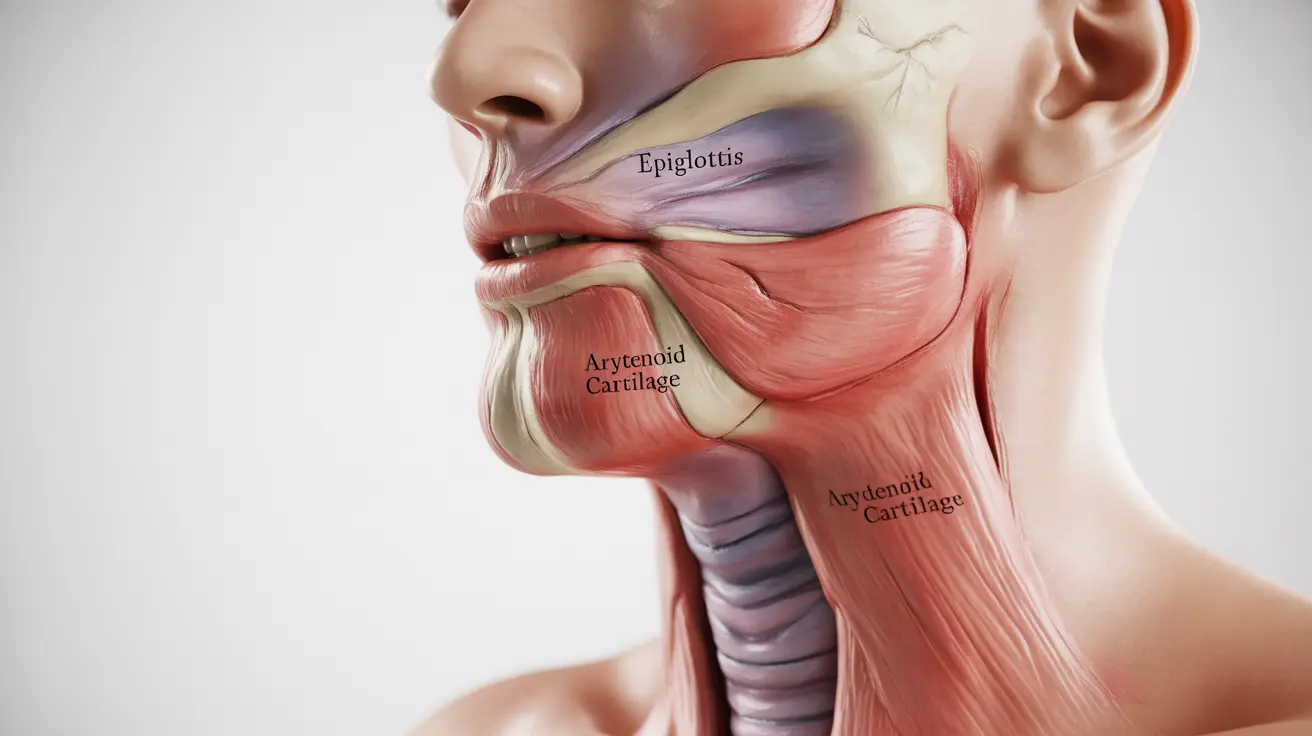Hoarseness, a common vocal condition characterized by a raspy, strained, or altered voice quality, can significantly impact daily communication and quality of life. Whether caused by a temporary illness or underlying medical condition, understanding the causes and appropriate management strategies is essential for maintaining vocal health.
This comprehensive guide explores the various factors contributing to hoarseness, when to seek medical attention, and effective treatments and preventive measures to help restore and protect your voice.
Common Causes of Hoarseness
Hoarseness can develop from various conditions affecting the vocal cords and larynx:
Acute Causes
- Viral or bacterial laryngitis
- Upper respiratory infections
- Vocal strain from overuse
- Allergies
- Inhaling irritants
Chronic Conditions
- Gastroesophageal reflux disease (GERD)
- Chronic smoking
- Thyroid problems
- Neurological conditions
- Vocal cord nodules or polyps
When to Seek Medical Attention
While occasional hoarseness is common and often resolves on its own, certain situations warrant professional evaluation:
- Hoarseness lasting longer than two weeks
- Persistent throat pain
- Difficulty swallowing
- Coughing up blood
- Unexplained weight loss
- Complete voice loss
Treatment Options for Hoarseness
The appropriate treatment approach depends on the underlying cause:
Medical Interventions
- Anti-inflammatory medications
- Acid reflux treatments
- Antibiotics (if bacterial infection present)
- Voice therapy
- Surgery (for structural abnormalities)
Voice Rest and Recovery
Voice rest is often crucial for recovery from acute hoarseness:
- Avoid whispering (it strains vocal cords more than normal speech)
- Limit speaking when voice is strained
- Take breaks during long periods of voice use
- Stay hydrated
Prevention Strategies
Several lifestyle modifications can help prevent hoarseness:
Vocal Health Practices
- Proper breathing techniques
- Regular voice breaks
- Avoiding throat clearing
- Maintaining good hydration
Lifestyle Changes
- Smoking cessation
- Limiting alcohol and caffeine
- Managing acid reflux
- Avoiding vocal irritants
Home Remedies and Self-Care
Several natural remedies can help soothe a hoarse voice:
- Honey and warm water
- Steam inhalation
- Salt water gargles
- Throat lozenges
- Herbal teas with licorice root or marshmallow root
Frequently Asked Questions
What are common causes of hoarseness and how do they affect the voice?
Hoarseness commonly results from inflammation or irritation of the vocal cords due to infections, overuse, or irritants. These factors can cause the vocal cords to swell, preventing them from vibrating normally and resulting in a raspy or strained voice.
When should I see a doctor if my hoarseness lasts for more than two weeks?
If hoarseness persists beyond two weeks, especially when accompanied by other symptoms like throat pain, difficulty swallowing, or unexplained weight loss, medical evaluation is necessary to rule out serious conditions and receive appropriate treatment.
What treatments are available to help improve a hoarse voice caused by laryngitis or vocal strain?
Treatment options include voice rest, adequate hydration, anti-inflammatory medications, and voice therapy. For laryngitis, additional treatments may include antibiotics if the cause is bacterial, or addressing underlying conditions like acid reflux.
How can I prevent hoarseness related to smoking, acid reflux, or vocal overuse?
Prevention strategies include quitting smoking, managing acid reflux through diet and medication, practicing proper vocal techniques, taking regular voice breaks, and maintaining good hydration. Avoiding irritants and practicing good vocal hygiene is essential.
What home remedies can soothe hoarseness and help restore my voice more quickly?
Effective home remedies include drinking warm liquids with honey, using steam inhalation, gargling with salt water, staying well-hydrated, and avoiding vocal strain. These methods can help reduce inflammation and promote healing of the vocal cords.




